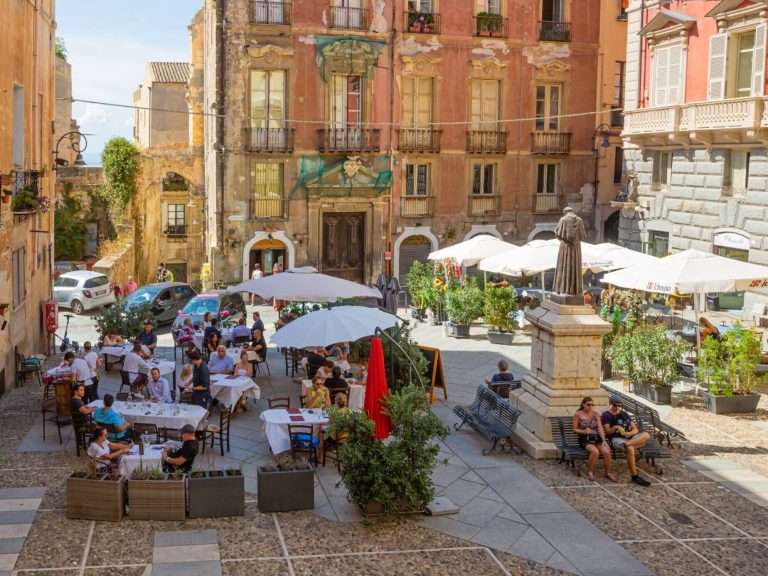Canceled trips, empty hotels, mass returns. This is what tourism looks like in Israel and Palestine

The outbreak of war between Hamas and Israel resulted in the cancellation of flights and trips to that country. There are emptinesses in conflict-affected countries, and tourism is suffering.
Canceled trips, empty hotels and exodus of guests – Israeli and Palestinian tourism are in trouble due to the escalation of the conflict in the Middle East. Travelers are afraid to come here, airlines are not flying to Tel Aviv airport and cruise ships are avoiding docking off the coast of Israel. The most popular attractions in Israel and Palestine are empty.
The war in the Middle East has weakened tourism in the region
Back in September and early October, the main square and streets around the Church of the Nativity in Bethlehem were full of tourists. Now, however, such attractions and hotels throughout Israel and many Palestinian territories have been deserted. All because of the Hamas attack that began on October 7.
The streets in the cities are empty, there are no reservations in hotels, and cruise ships do not even approach the shores of Israel. Additionally, most major airlines have canceled flights to conflict areas.
“Business has been at a standstill since the beginning of the war. The roads have been cut off, no one is coming,” said Essa Abu Dawoud, a guide in the Palestinian city.
Due to the escalation of the conflict throughout Israel and in the Israeli-occupied Palestinian territories in the Gaza Strip and the West Bank, hotels are almost empty (approximately 90 percent of rooms are available), and at least six companies have suspended trips to key destinations, such as Jerusalem and Tel Aviv. Two tour operators also canceled trips for next year.
Canceled flights and trips
EasyJet has canceled all flights to Tel Aviv scheduled for departure before October 22. Ryanair is monitoring the situation on an ongoing basis and is constantly updating its findings. He will not be flying to these areas in the coming days either. LOT Polish Airlines suspended connections with Israel until the end of the month.
InterContinental Hotels announced that two of the brand’s hotels, Six Senses Shaharut and Hotel Indigo Tel Aviv – Diamond District, have been temporarily closed. Some customers canceled their reservations altogether and others postponed them until later in the year.
Massive departures of foreign tourists are a serious blow to the tourism industry in Israel. This sector produces 2.8 percent. GDP and constitutes approximately 3.5 percent. total employment.
The final months of the year were the busiest time in this area so far, as Christian pilgrimages were organized from the USA, Great Britain and other European countries to Israel.
“We base our lives on tourism. We had a Covid-19 crisis and we were waiting for tourists to come back,” said Khader Hussein, a souvenir seller in Bethlehem, the birthplace of Jesus.
According to the Israel Central Bureau of Statistics, approximately three million tourists arrived in Israel through September. They mainly visited historical places such as Jerusalem and Bethlehem, but also the white sandy beaches of Tel Aviv. This is a level similar to that before the pandemic.
Israel-Hamas war
On October 7, militants from the Hamas tourism organization attacked Israel. The country did not remain indebted and began to shell territories in the Gaza Strip controlled by terrorists. So far, over 2,000 people have died. people and many were injured.
A day after the attack, Israel’s tourism ministry said tours should be avoided and tourists should stay in hotels or on cruise ships. Travel warnings have been issued by the United States, European countries and other ministries from around the world. They advise against traveling to Israel and Palestine.
Tourists who were in the war-affected area were evacuated. Poles from Israel were brought by planes sent by the government.






